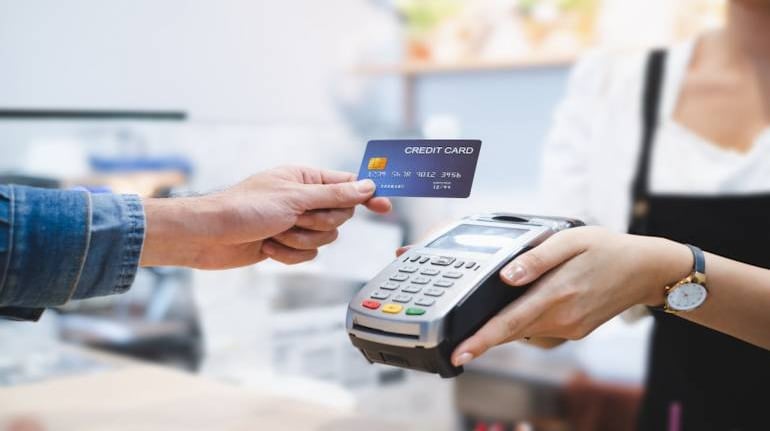
Ever wondered why credit card companies give you different reward points for different payments? For instance, while some credit card spends fetch you reward points, others, like rent payments, don’t. There’s a well-oiled system for this. The credit card backend checks where you’ve swiped your card and instantly ascertains what rewards — if any — are applicable. This is done based on something called the MCC. Let’s look at how this works.
What’s MCC?
A Merchant Category Code (MCC) is a four-digit number used by credit card companies to classify the services or products offered by a business. The International Organization for Standardization (ISO) assigns these codes, which are of significance for both consumers and businesses as they impact the Merchant Discount Rate (MDR).
What’s MDR?
MDR is the fee charged by payment gateway providers to merchants for accepting credit or debit card payments. MDR percentages are determined based on the MCC of a business, as the MDR is different for different categories of products. For instance, payment gateways typically charge about 1 percent MDR for businesses categorised as educational services, and around 1.3 percent for grocery shops.
Also read | The right way to get the first credit card and build a credit history
Business risk
Merchant acquirers and payment processors usually evaluate a business's relative risk based on their business type, which is linked to the MCC. This evaluation aids in determining various aspects, such as the MDR (higher-risk businesses entail a higher MDR), payment approval rates (credit card issuers might decline payments to high-risk businesses like gambling), and chargeback protection (higher-risk businesses like gambling might receive reduced chargeback protection). Lower chargeback protection generally applies to businesses with elevated fraud rates and consequently, higher chargeback ratios. A chargeback is the return of money to a payer in case of a disputed transaction.
Convenience fees
Not all businesses are authorised to impose convenience fees on their customers. Depending on the MCC, it is determined whether a business can apply convenience and other fees to their customers or not. For instance, fuel stations are allowed to levy a surcharge on their customers.
Also read | The charges lurking in your credit card you didn’t know about
Different reward rates
Credit card issuers generally offer rewards every time a customer uses their card. However, they don’t provide the same rate of reward for everything. For example, SBI Card offers 5 percent cashback on online shopping, 1 percent on utility bill payments, and nothing on rent and payments made to the government. Card issuers examine a merchant's MCC to determine its business category and accordingly credit the rewards.
Also read | Why are banks cutting down on free airport lounge visits?
Taxation
Banks need to report transactions such as rent payments to the income tax department. They do this based on the MCC.
What if a business has the wrong MCC?
Card networks such as Visa, Mastercard, and Amex assign MCCs to merchants based on their business categories. However, sometimes merchants are assigned the wrong MCC. This mistake usually occurs from the payment gateway provider's end. However, sometimes merchants provide incorrect information about their business to obtain a lower MDR.
An incorrect MCC can affect both the merchant and the customer.
Recently, a friend stayed at a well-known hotel and used his card to pay for the stay. After a few days, he noticed that the card had charged him Rs. 199 + GST, and he didn't receive any reward for that transaction. When he contacted the card issuer, he found that the hotel was categorised as "property management/rent payment" (per the MCC), hence he was charged Rs. 199 + GST as rent payment processing fees. Also, per the terms and conditions for rent payment, he didn't receive any reward.
Imagine, a hotel stay being categorised as rent payment. Forget the reward and extra fees; if the amount exceeded Rs 50,000, he could be penalised by the IT department for not deducting TDS on such payments.
Wrong MCC or MCC miscoding is a real problem, for which the acquiring bank is responsible. But payment gateway providers should also be more careful while assigning MCCs to merchants as credit card rewards are important for cardholders.
The MCC should be shared with card users for their reference. This will allow consumers to easily identify a merchant's business category, and help mitigate such errors.
Discover the latest business news, Sensex, and Nifty updates. Obtain Personal Finance insights, tax queries, and expert opinions on Moneycontrol or download the Moneycontrol App to stay updated!